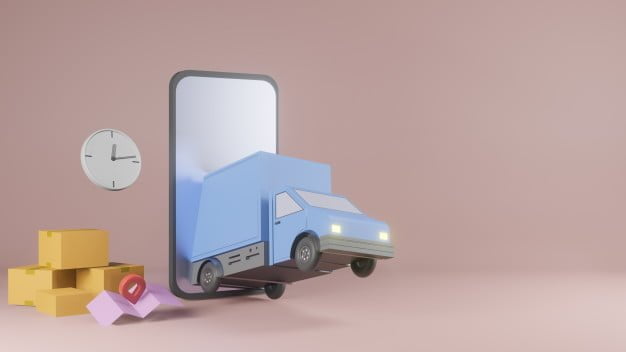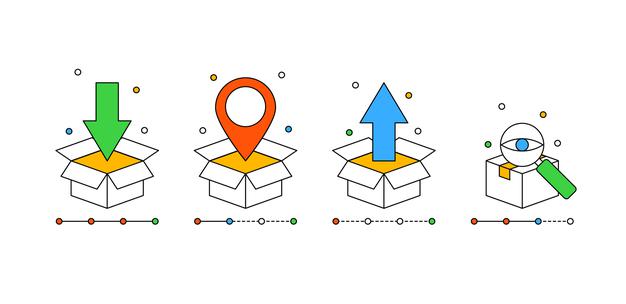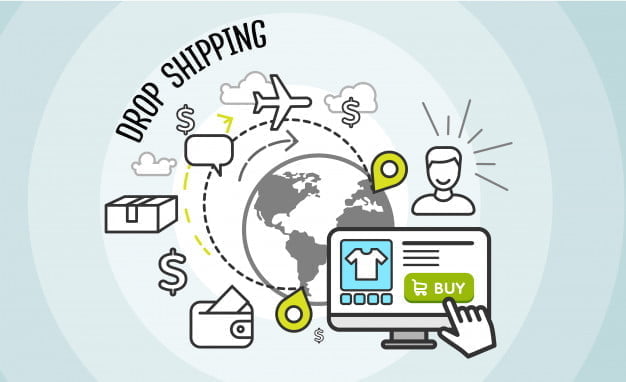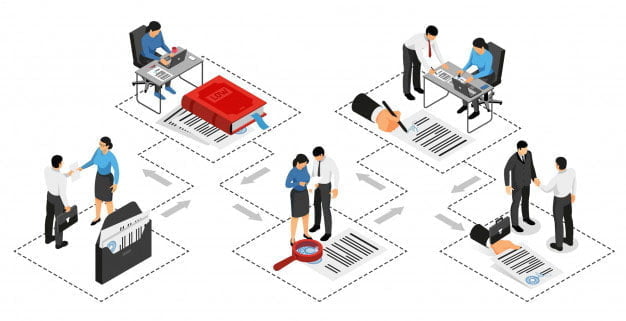Is Dropshipping Legal? Things You Have To Know In 2021
by Mashum Mollah Customer Service Published on: 05 May 2021 Last Updated on: 27 December 2024

Have you heard of Dropshipping? Do you have any idea about what dropshipping is? Well, it is a fulfillment process of order that happens online. In case you are thinking about whether Dropshipping is legal or not?
You will be happy to know that, yes, dropshipping is legal. But before you make any decision on going for this e-commerce trade, it will be better if you take some proper ideas about dropshipping and how to do dropshipping works.
Is Dropshipping Legal?

Before we conclude any decision on the legalities of dropshipping, it will be better if we look into some basic understanding of this e-commerce business’s basics.
Dropshipping is nothing but selling those items that you do not have on hand. Here I will talk about the process of dropshipping. Once you receive an order from any of your customers, you need to contact a direct supplier. That supplier gives you a discount on the price of the product.
After that, the third-party supplier sends the product to the consumer. The difference between the amount you paid for the product and the amount you have received is the profit.
The only drawback of this product is that you do not have any control over the quality of the product and when your buyer will receive the product after purchasing it.
Being a seller, your main focus should be on the marketing and advertisement of the product. You also need to ensure that your consumers always feel the online presence of your store.
In dropshipping, your role is to become the connection between the consumers and the suppliers of the products that they are wanting.
There are a lot of online marketplaces that we regularly visit, which has a dropshipping practice as the main part.
Dropshipping is indeed legal, but do not get over-excited as you can encounter some legal issues on the basis of your supplier.
Things You Have To Know In 2021

We already get the answer to the question, “Is dropshipping legal?”
But whenever you are willing to get into any type of business, you need to consider some legalities for their venture. Here I will talk about all the legal requirements of dropshipping before you start your online venture.
1. Business License
The first thing you need to consider is a business license for starting dropshipping business. Technically, for building a digital store and selling products online, there is no need to have a business license. But having a business license will add to your credibility as an online vendor.
2. Legitimacy
When you are starting with your dropshipping venture, you also need to consider another crucial aspect is the legitimacy of your business. When you get a business license, it will prove the clarity of your intentions and will also state that you are willing to start a legitimate venture.
And when your business grows, you will also need some other documents for your suppliers. These are also vital for your other business dealings you are undertaking or will.
3. Liability
Dropshipping simply refers to sourcing most of your products from an overseas supplier. And as a result of this, you do not have any control over the quality of the products.
But being a seller, you gold the liability of how you are conducting your business along with all the products that you are selling on your platform.
When you have a business license, it will automatically lessen your liability in case any of your consumers about a product the person has bought from your digital store.
It will also offer you a product liability license, which will protect your business from any financial and legal claims due to poor quality items that are bought from your platform.
4. Taxation
Just like a business license, the taxation process depends on the geographical location of the drop shipper. So, it will be different on the basis of location. On the other hand, this factor is also vital for your business for proving its legitimacy and recognizing it.
When it comes to the e-commerce business, taxation becomes an evolving part. So, it is always advised to consult with a tax lawyer and an accountant for this matter.
Optional Requirements

For extra protection, sometimes you will also need to add some other recommended elements. Here I will also give you an idea about those elements.
1. Disclaimers
Disclaimers are not any kind of legal agreement. They are simply the statements to understand your website and its policies better for the consumers.
When handling disputes and any kind of complaints, disclaimers work as reminders for the customers in order to understand the limitation of your website.
On the basis of the products you are dealing with, you need to choose the type of disclaimers you want to put on your website.
2. Legal Agreements
Legal agreements are not necessary as your website has definite terms and conditions. It is like an added protective measure that will lessen legal risks. It is another way of giving your consumers the idea about how you are running the business.
And it is required especially when it comes to refunds and exchanges. For processing the order that your consumer has placed, you need some pieces of data from your consumer.
For protecting the information that consumers are providing on your digital platform against identity theft and other risks, digital stores have to include Privacy Policy on their websites.
3. Refund Policy
It does not matter which kind of business you are conducting; you should have specific policies and guidelines for your consumers so that they can understand what they can expect from the seller.
Your online store does not need any refund policy. But there are always exceptions to the rule when you will need to reimburse a customer. If you have these policies, it will protect your business when you address any issues of handling complaints in a legal way.
An unsatisfied customer can spread negative reviews really quickly about your products. This will definitely impact your business.
Conclusion
So, in case you are thinking about “is dropshipping legal or not?” let me tell you that it is totally legal. But there are some more legal requirements that you need to look after for protecting your business and maintaining its credibility.



































































































